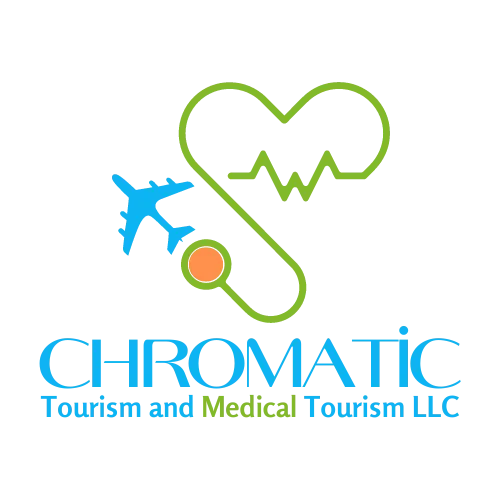Neurodegenerative diseases are a group of disorders characterized by the progressive degeneration of the structure and function of the nervous system. These conditions, which include Alzheimer’s disease, Parkinson’s disease, ALS, Huntington’s disease, and various forms of dementia, pose significant challenges to patients, caregivers, and healthcare systems worldwide. In this blog post, we’ll explore the pathophysiology, diagnostic advancements, and emerging therapies for these debilitating diseases.
Alzheimer’s Disease: Pathophysiology, Biomarkers, and Emerging Therapies
Alzheimer’s disease (AD) is the most common cause of dementia, affecting millions globally. It is characterized by the accumulation of amyloid-beta plaques and tau tangles in the brain, leading to neuronal loss and cognitive decline. Recent research has focused on identifying biomarkers, such as CSF tau and amyloid levels, to enable early diagnosis. Emerging therapies, including monoclonal antibodies like lecanemab and donanemab, aim to target these pathological proteins, offering hope for slowing disease progression.
Parkinson’s Disease: Mechanisms, Deep Brain Stimulation, and Neuroprotection
Parkinson’s disease (PD) is marked by the loss of dopaminergic neurons in the substantia nigra, leading to motor symptoms like tremors, rigidity, and bradykinesia. While the exact cause remains unclear, genetic and environmental factors play a role. Deep brain stimulation (DBS) has revolutionized treatment for advanced PD, improving motor function and quality of life. Additionally, research into neuroprotective agents, such as antioxidants and gene therapies, aims to halt or reverse neuronal damage.
Amyotrophic Lateral Sclerosis (ALS): Genetic Mutations and Symptom Management
ALS, also known as Lou Gehrig’s disease, is a fatal neurodegenerative disorder affecting motor neurons. Mutations in genes like SOD1 and C9ORF72 are implicated in its pathogenesis. While there is no cure, therapies like riluzole and edaravone can slow disease progression. Multidisciplinary care, including respiratory support and physical therapy, is crucial for managing symptoms and improving quality of life.
Huntington’s Disease: Genetic Counseling and Experimental Treatments
Huntington’s disease (HD) is an inherited disorder caused by a mutation in the HTT gene, leading to motor, cognitive, and psychiatric symptoms. Genetic counseling is essential for at-risk individuals, as there is currently no cure. Experimental treatments, such as antisense oligonucleotides (ASOs), aim to reduce the production of toxic huntingtin protein, offering hope for future therapies.
Frontotemporal Dementia and Lewy Body Dementia: Clinical Differentiation
Frontotemporal dementia (FTD) and Lewy body dementia (LBD) are less common but equally devastating forms of dementia. FTD is characterized by changes in personality and behavior, while LBD is associated with visual hallucinations and Parkinsonian symptoms. Accurate clinical differentiation is critical for appropriate management, as treatments and prognoses vary significantly.


